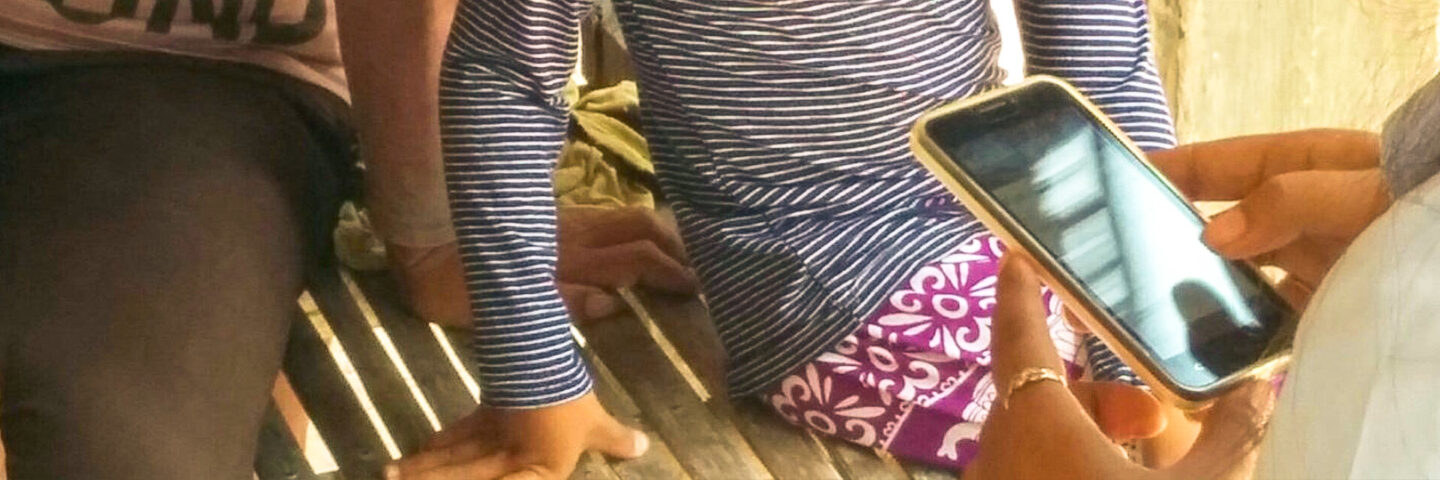
There’s an app for that?
Using mobile networks to improve sanitation supply chains
There wasn’t an app to help us sell sanitation to poor customers, so we built one. And we’re using it to make open defecation a thing of the past.
Innovating solutions for tough problems, like installing more toilets in households without them, is what iDE is best at. For two and a half years, our approach to using markets to promote sanitation in Cambodia had been an unprecedented success: our sales agents (called Sanitation Teachers) and masons sold and delivered over 140,000 toilets. In the provinces where we were working, 40 percent of the total population now had access to proper sanitation. But we had identified a chink in the supply chain.
Analyzing our sales data, we noticed a high number of cancelled orders, mostly due to customers tired of waiting for their latrines to be delivered. Delays were caused by some concrete masons being overwhelmed with orders or too busy with other demands. Other masons, however, didn’t seem to be getting enough orders to keep them busy and, thus, would drop out of the program. These issues negatively affected our Sanitation Teachers, who relied on sales commissions for their own livelihood and would quit if they couldn’t make sufficient sales—further reducing orders sent to the masons.
Our solution was to move the entire supply chain tracking process into the digital age. Working with our partner, TaroWorks, we built a custom Salesforce app that tracks every sale, from the day it is ordered by the customer, to the day it is assigned to an available mason, to the day it is delivered.
Our over 250 sales agents log orders with key information, including GPS coordinates and customer photos, using Android devices—even when disconnected from the internet—syncing orders to our Salesforce database once they are in network range. Supply chain coordinators check for available masons and distribute orders via their office computers. Masons confirm delivery of individual orders using their Android phones.
Throughout the process, dashboards and reports allow project leaders in Phnom Penh to monitor everything in near real-time. Thanks to the customizable nature of Salesforce and TaroWorks, it took only two months to set up the first pilot, and now over 6,000 orders flow through the system each month. Training and communication are key to getting staff with different roles to coordinate advanced workflows remotely.
Our program for supporting the sanitation supply chain in Cambodia shows how this capability can transform the way we work. Project teams create ad-hoc reports to drill down on a problem and have hard conversations around data. Our monitoring, evaluation, and marketing teams in Denver no longer need to chase field staff for the latest impact figures. Donors are more confident, knowing that we have a high degree of transparency and accountability, both uncommon in our sector.
Leveraging the existing architecture, we are now managing a randomized controlled trial in the field using Salesforce to investigate the effect of financing to boost latrine purchases by the poorest households. Across iDE, we seek to roll out similar management information systems for marketing sanitation in Ghana and Ethiopia, and to apply the lessons learned to our agricultural and clean water programs around the world.
Our Systems Architect, Gordon Lau, presents our custom app at the Salesforce Dreamforce Conference #DF16 in San Francisco.
Read More
